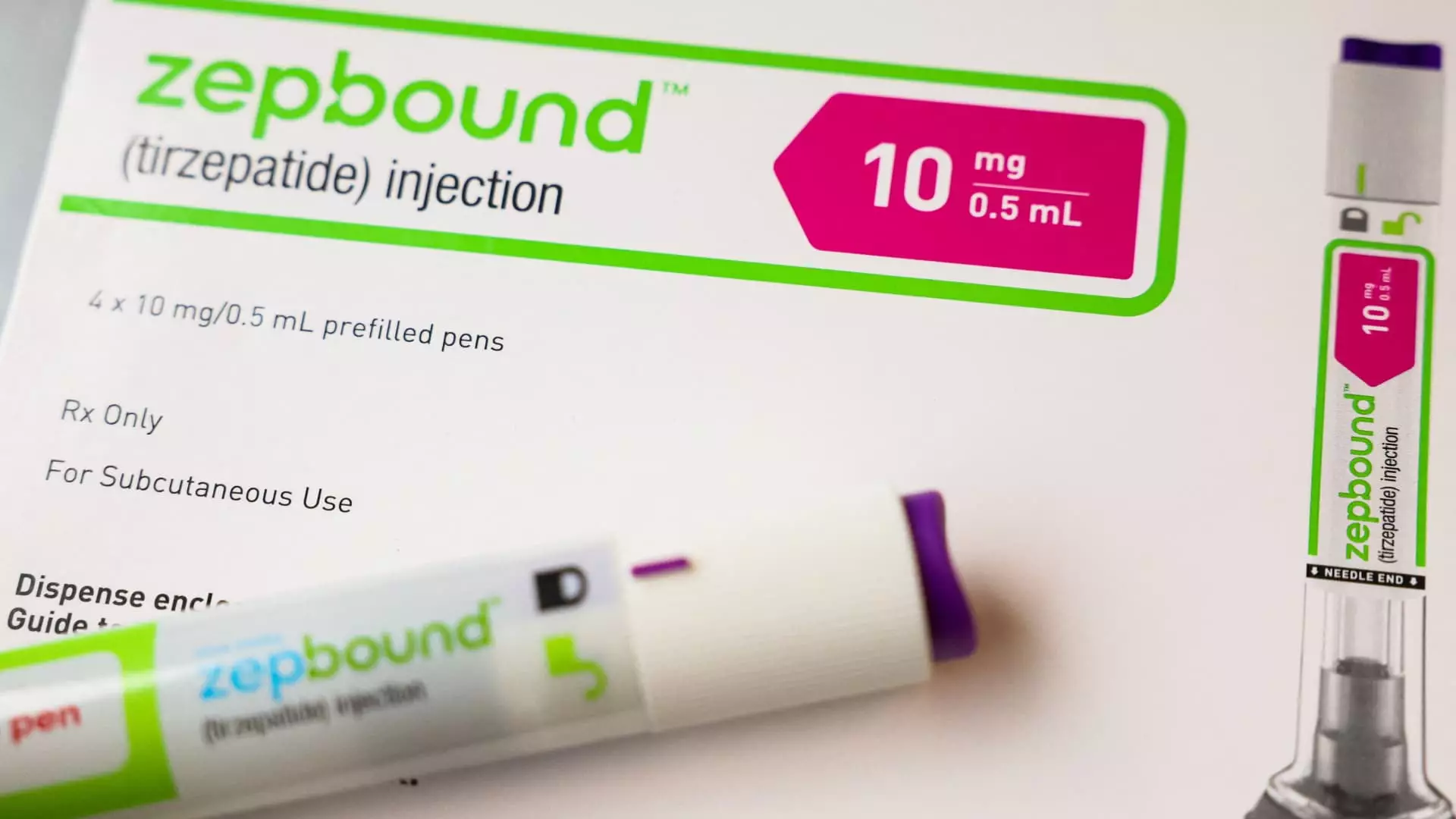Eli Lilly has made significant progress in addressing the shortage of their weight loss injection, Zepbound, and diabetes drug, Mounjaro. The U.S. Food and Drug Administration recently updated their drug shortage database to confirm that all doses of these medications are now available in the United States. This news comes after months of limited availability of these drugs, causing concern among patients and healthcare providers.
The shortage of Mounjaro dates back to as early as 2022, while Zepbound faced supply challenges following its U.S. approval in November. The increased demand for weight loss and diabetes medications has put pressure on pharmaceutical companies like Eli Lilly and their competitor, Novo Nordisk. Both companies have been forced to invest substantial amounts of money into expanding their manufacturing capabilities to meet the growing demand for these life-saving medications.
Eli Lilly’s CEO, David Ricks, expressed optimism about the situation, stating in an interview with Bloomberg that the shortages of Mounjaro and Zepbound would be resolved imminently. He mentioned that the company planned to address the supply chain issues within a day or two, indicating a swift resolution to the shortages. Despite this positive development, a spokesperson for Eli Lilly did not provide immediate feedback on the FDA’s update, leaving some lingering questions about the long-term stability of the drug supply.
In addition to Eli Lilly’s medications, the FDA also updated the availability of Novo Nordisk’s diabetes injection, Ozempic. According to the database, all doses of Ozempic are now accessible in the U.S. However, the supply of Novo Nordisk’s weight loss drug, Wegovy, remains limited. This mixed status of supply among different medications highlights the variability of the pharmaceutical supply chain and the challenges that both companies and patients face in ensuring consistent access to essential treatments.
Overall, while the recent update from the FDA is a positive sign for patients relying on these medications, it also underscores the fragility of the drug supply chain. Pharmaceutical companies must continue to improve their manufacturing processes and supply chain management to prevent future shortages and ensure that patients have uninterrupted access to critical medications for weight loss and diabetes management.

Leave a Reply